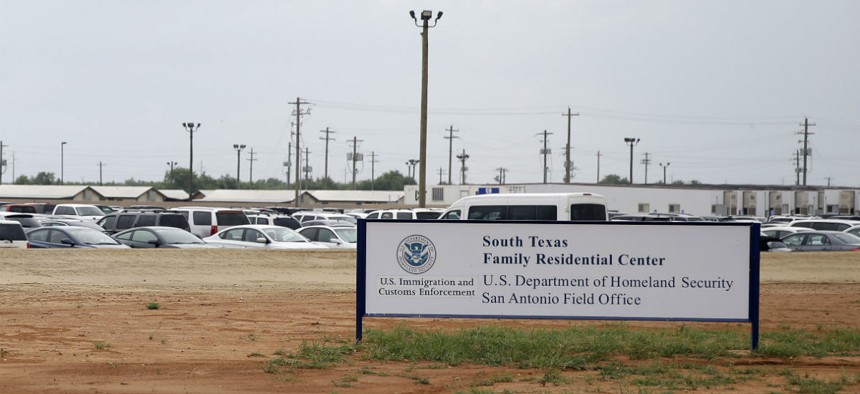Traders with advance knowledge of the Hamas terrorist attack profited by shorting a major Israeli exchange-traded fund (ETF) days beforehand, two law professors show in a new paper.
In the week leading up to the Oct. 7 attack, short-selling skyrocketed for the MSCI Israel ETF, going from the single-digit thousands in September to more than 200,000 shares on Oct. 2. Short-selling also shot up among Israeli securities on the Tel Aviv Stock Exchange.
Short-selling is essentially a bet that an asset’s price will fall (typically made by selling a borrowed security). The professors found the spikes in trading were “economically and statistically unusual,” and that they surpassed short-selling during crises such as the Covid-19 pandemic and the 2014 Israel-Gaza war.
The MSCI Israel ETF’s top holdings as of Nov. 29 included Check Point Software Technologies, an Israeli-American IT security company headquartered in Tel Aviv; Teva Pharmaceutical Industries, an Israeli pharmaceutical giant; and Israel Discount Bank, a retail and commercial banking and financial services firm based in Tel Aviv.
The professors and co-authors, Robert J. Jackson Jr. of New York University School of Law and Joshua Mitts of Columbia Law School, point to the short-selling as an example of “informed trading,” or trading based on highly relevant, non-public information.
“Our evidence is consistent with informed traders anticipating and profiting from the Hamas attack,” they write. However, “we are unable to link particular market participants to the pre-attack developments we see in securities markets—to say nothing of the underlying sources of information that produced the trades.”
Still, they trace the sudden rise in short interest for the MSCI Israel ETF to block trades days before the attack. And they imply that this activity in securities markets may have helped fund the attack.
“Many investigating how the Hamas attack was financed have focused on cryptocurrency,” they note, but “to our knowledge little attention has been given to trading in securities markets in advance of October 7—an important omission given the relative sizes of the cryptocurrency and securities markets.”
As of now, trading on advance knowledge of a terrorist attack falls between the cracks of existing law. The paper details some possible solutions, including creating incentives for traders to report inside information on attacks to authorities.
But its authors downplay the chances of any securities fraud case involving terrorism ever being reported. Likewise, the odds of Office of Foreign Assets Control (OFAC) restrictions imposing any serious constraints on trading related to terror attacks are low.
Barring any measures to regulate this kind of trading, they warn, those who know a terrorist attack is about to happen are poised to continue profiting from tragedy.







